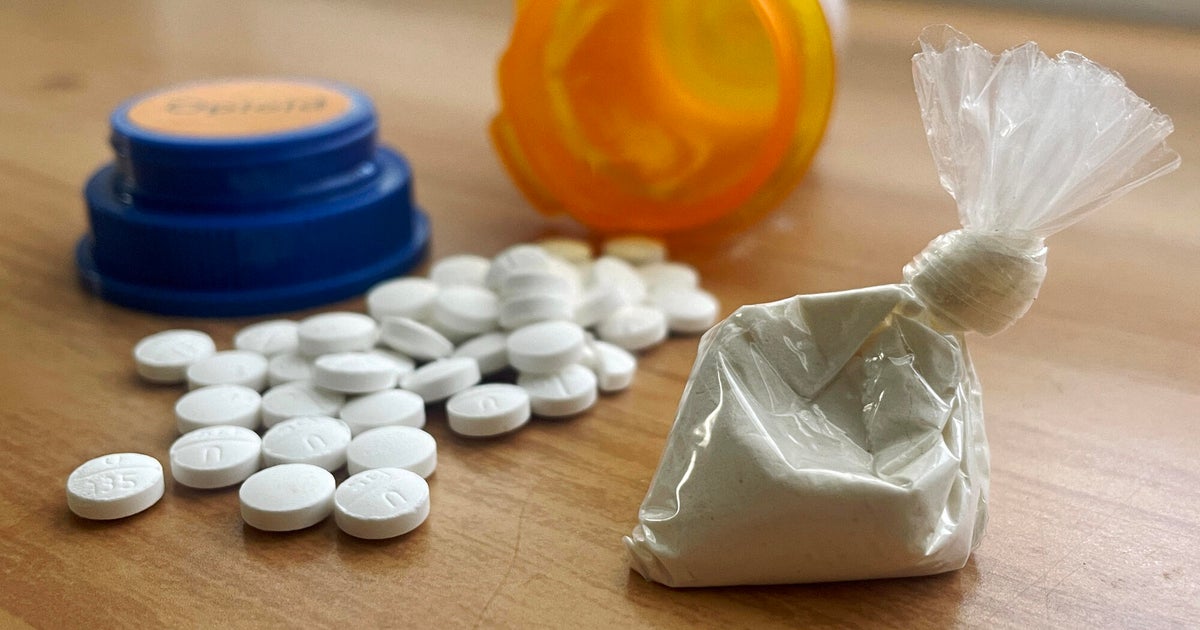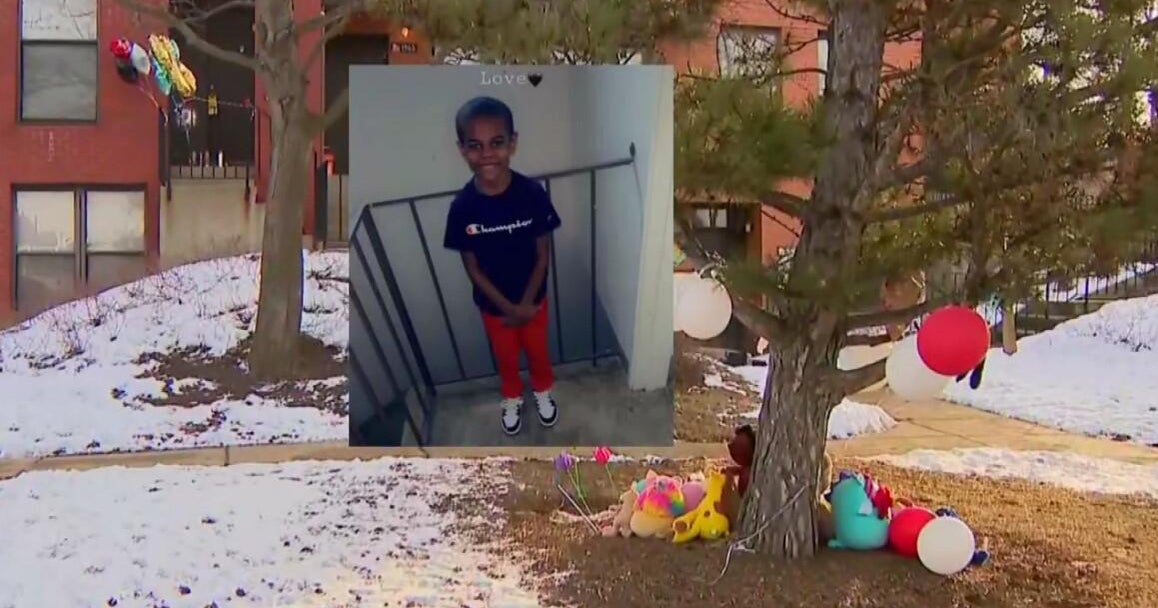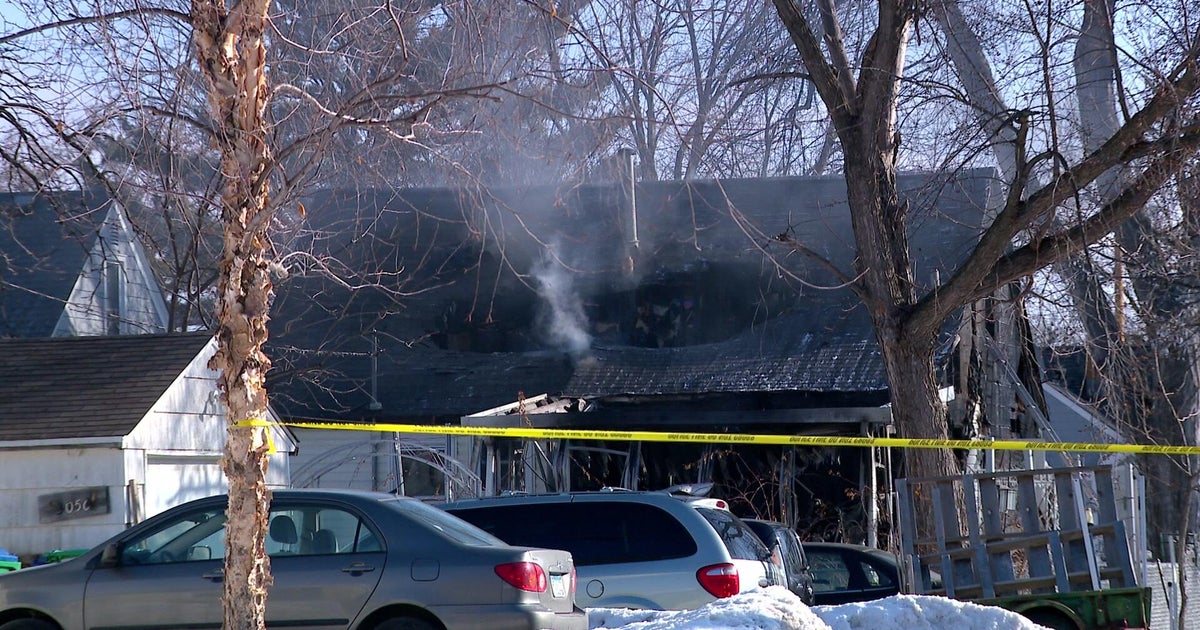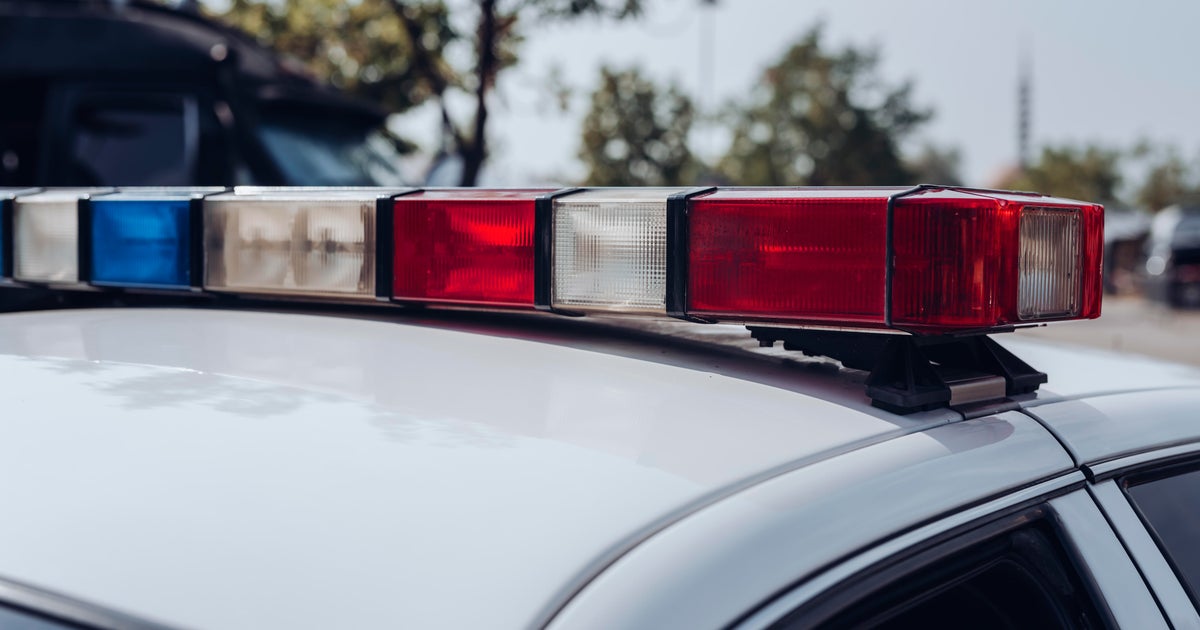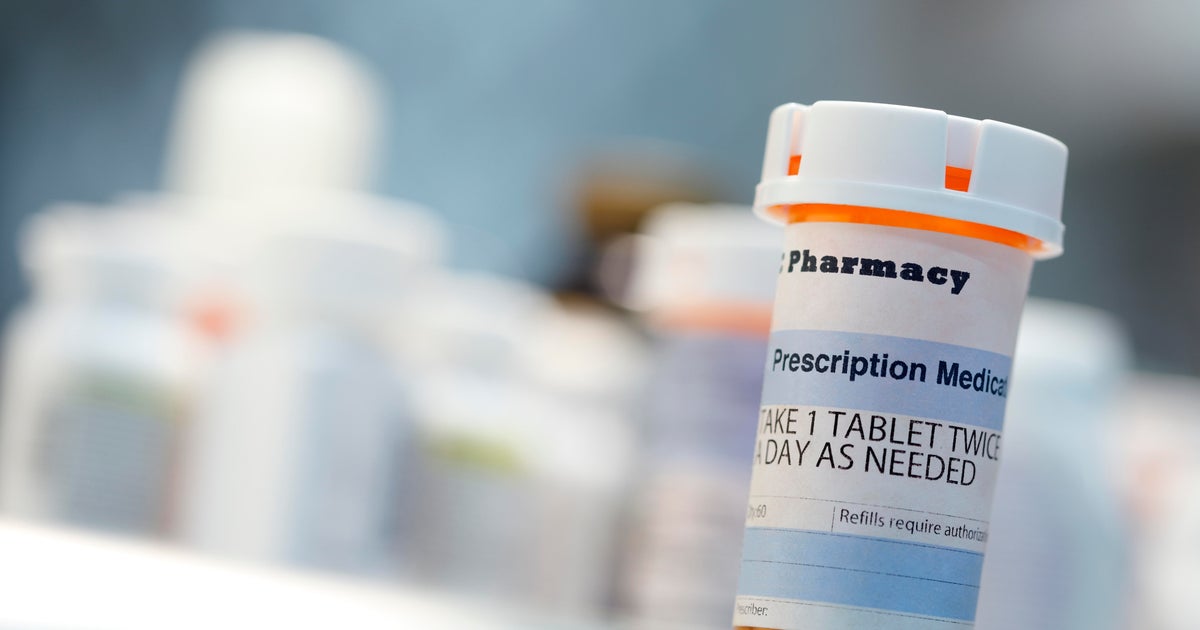Klobuchar Pushes For Support On Bills Aiming To Curb Opioid Abuse
MINNEAPOLIS (WCCO) -- New figures show a dramatic jump in opioid deaths in the Twin Cities. At the same time, federal lawmakers are pushing for new measures to keep an especially lethal opiate from coming into the country.
The new figures released by prominent Twin Cities drug abuse consultant Carol Falkoswki show opioid related overdose deaths in Hennepin County alone rose 57 percent -- from 97 deaths in 2015 to 153 deaths in 2016.
As bad as that is, authorities are warning it could get worse. That's because of a small but growing number of deaths in Minnesota from carfentanil. The synthetic opioid is 100 times more powerful than fentanyl, the opioid that killed Prince.
Top local and federal officials, including Sen. Amy Klobuchar, highlighted the gravity of the situation at a news conference Monday. They outlined a series of measures to reign in the growing crisis.
In a tour of United Hospital's emergency room in St. Paul, Sen. Klobuchar got a lesson in administering the lifesaving opioid antidote Narcan.
Klobuchar helped write a bill in the Senate aimed at the latest opioid threat: closing a loophole that allows a synthetic opioid called carfentanil to enter the country via the United States post office.
"It's tough to overstate the urgency of the crisis and the need for action," Klobuchar said.
A tiny amount of carfentanil -- smaller than a penny -- is enough to sedate an elephant. A microscopic amount can kill humans, and is already being blamed for five deaths in Minnesota.
"Individuals that are trafficking in this drug are pedaling death. There is no way to sugarcoat it," Assistant Special Agent in Charge of the DEA Ken Solek said.
Another Klobuchar bill would create a mandatory opioid registry to curb a wide-scale practice known as "opioid doctor shopping."
"I met a rehab guy up in Moorhead that had a patient that had 108 different opioid prescriptions from 85 different doctors in 50 different towns," Klobuchar said.
Lexi Reed Holtum is herself a recovering addict and the executive director of the Steve Rummler Hope Foundation. She says doctors and patients need to know anyone can get hooked.
"One third of the people who are prescribed opioids become addicted to them," she said.
Klobuchar's registry would require states to share information from their registries to cut down on doctor shopping. In the example she mentioned, that patient was getting prescription in at least five different states, including Minnesota.
The senator is optimistic both her bills will eventually pass because they have bipartisan support. Klobuchar also says she's hopeful that President Trump, who talked about the opioid scourge on the campaign trail, will also be supportive.
